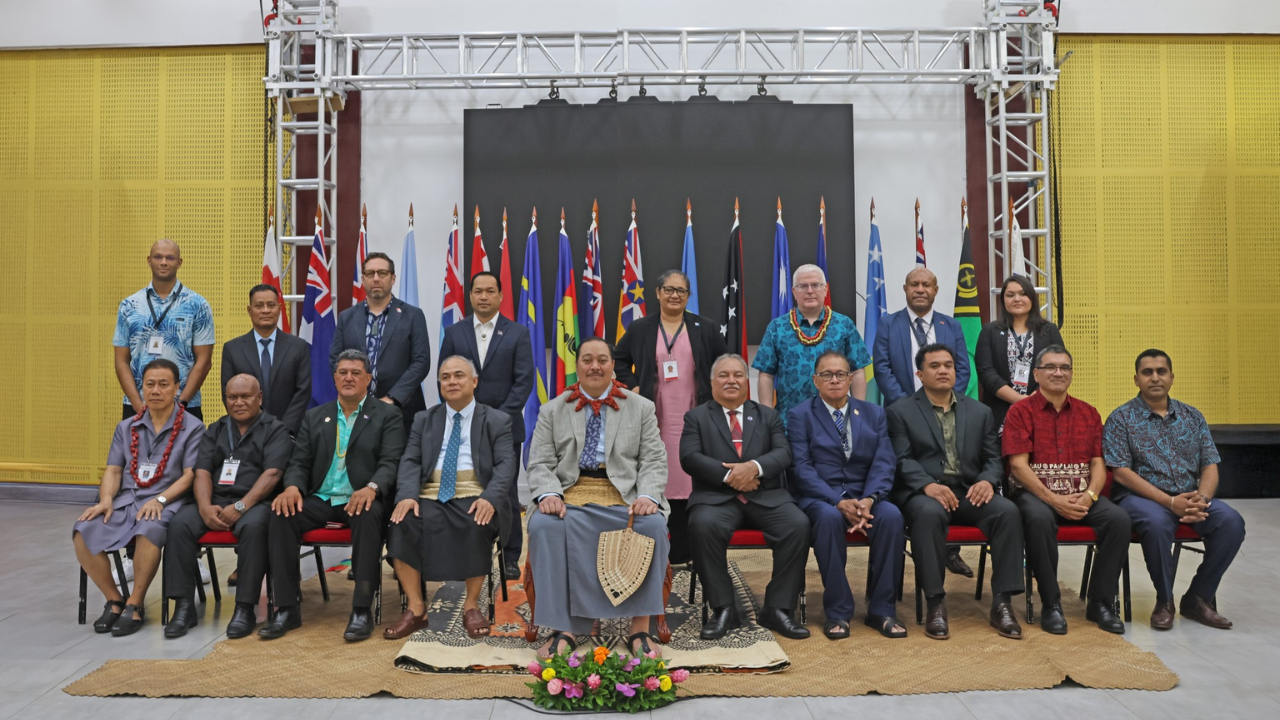by Martin Haffner Associate Editor
As the geopolitical landscape in the Pacific region evolves, Australia is grappling with the ramifications of recent cuts to U.S. foreign aid that are expected to significantly impact several nations within its sphere of influence. The reductions, which reflect a shift in U.S. foreign policy priorities, have prompted urgent discussions among Australian leaders about how to best support Pacific Island nations facing increasing challenges amid changing global dynamics.
The U.S. Foreign Aid Landscape
The United States has historically provided substantial foreign aid to Pacific Island nations, a crucial lifeline that has assisted in areas such as economic development, healthcare, and climate resilience. However, the recent budgetary constraints imposed by Washington are leading to a reduction in aid packages, sparking concerns about the ability of these nations to address pressing issues ranging from climate change to economic stability.
With the U.S. focus shifting towards countering the influence of China in the Asia-Pacific, the cuts in assistance raise questions about the long-term implications for the Pacific Islands, many of which rely heavily on U.S. aid to sustain essential services and development projects.
Impact on Pacific Island Nations
The most affected countries include those that have historically received significant support from the U.S., such as the Federated States of Micronesia, the Marshall Islands, and Palau. These nations have often depended on American aid for crucial infrastructure projects, education initiatives, and environmental protection efforts.
The decrease in funds could lead to a shortfall in resources that are vital for disaster recovery and adaptation strategies in light of climate change, particularly as the Pacific region continues to experience severe weather events and rising sea levels. Leaders from these island nations have expressed concerns about their ability to cope with such challenges without the ongoing support of international partners.
Australia’s Strategic Response
In response to the potential fallout from U.S. aid cuts, Australia is stepping up its engagement in the Pacific, seeking to strengthen its geopolitical ties and provide alternative assistance to its Pacific neighbors. Prime Minister Anthony Albanese has signaled a commitment to enhancing Australia’s foreign aid budget and ensuring that the needs of Pacific Island nations remain a top priority in Australian foreign policy.
Australia’s approach includes increasing humanitarian assistance, renewable energy projects, and disaster response programs. Additionally, Canberra is looking to bolster its diplomatic presence in the region, demonstrating its commitment to supporting neighbors in the face of external pressures.
“Australia will stand shoulder to shoulder with our Pacific partners during these challenging times,” stated Foreign Minister Penny Wong. “We understand the unique challenges they face, and it is our responsibility to provide tangible support.”
Regional Collaboration and Future Outlook
As Australia positions itself as a key player in the Pacific, collaboration with other international partners will be essential. Nations such as New Zealand and Japan, along with assistance from multilateral organizations, could help fill the gaps left by reduced U.S. aid. Joint initiatives focused on climate resilience and sustainable economic development are critical for the long-term stability and prosperity of the Pacific Island nations.
The changes in U.S. foreign aid are a crucial reminder of the shifting geopolitical dynamics in the Pacific. As Australia enhances its role, it must navigate the complex relationships within the region, balancing traditional alliances while fostering new partnerships to ensure that the Pacific nations thrive in the face of adversity.
The implications of U.S. foreign aid cuts extend far beyond financial support; they pose a significant challenge to the stability and resilience of Pacific Island nations. In this pivotal moment, Australia has an opportunity to reaffirm its commitment to regional stability, fostering collaborative relationships that can help mitigate the impacts of changing global policies. As both a neighbor and ally, Australia’s proactive stance will be crucial in shaping a sustainable future for the Pacific.



